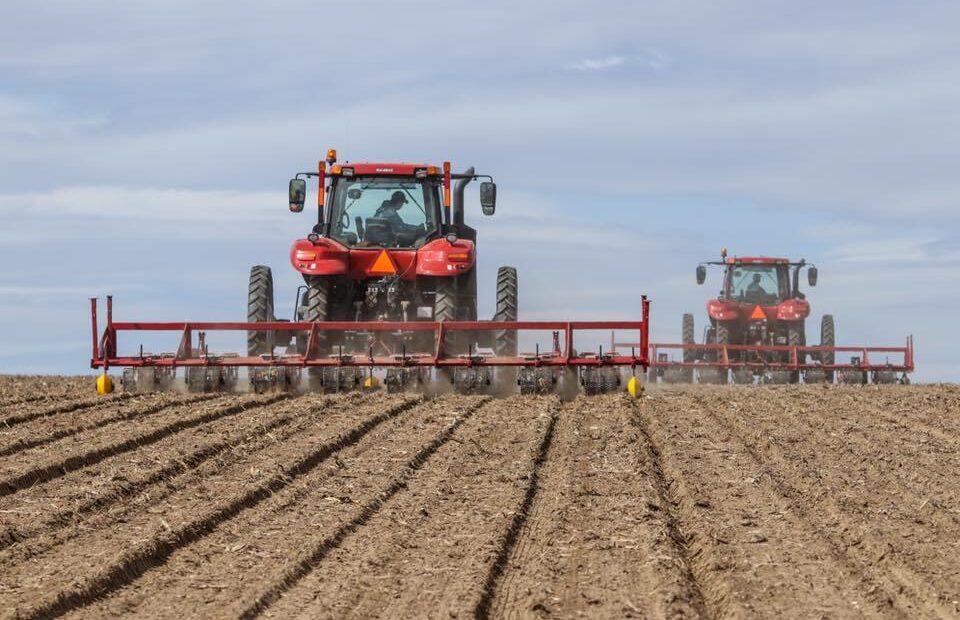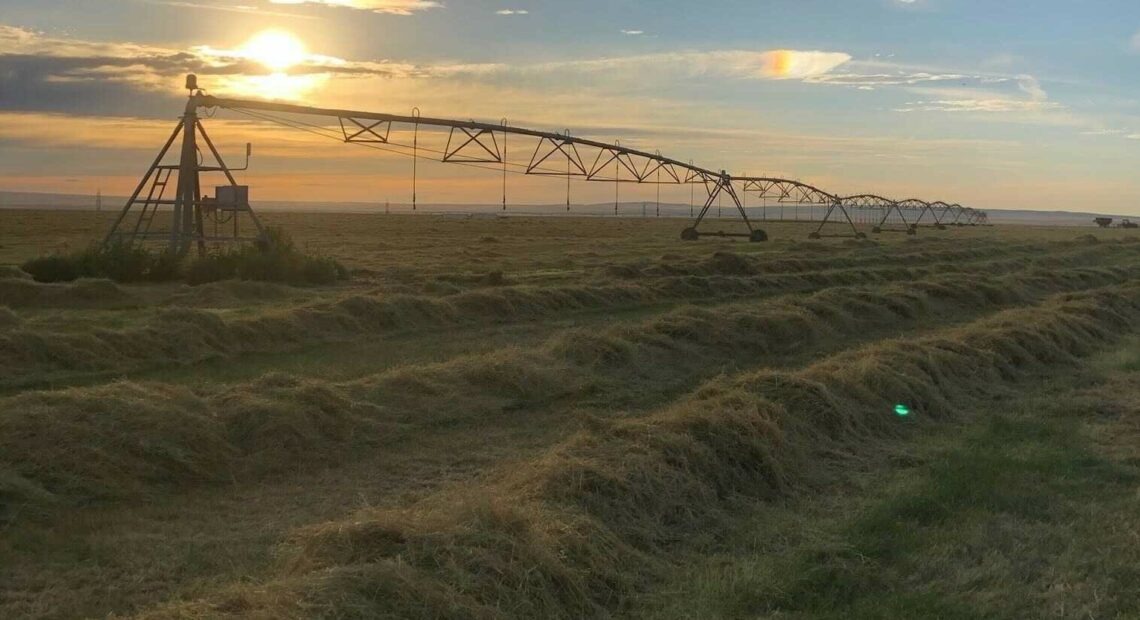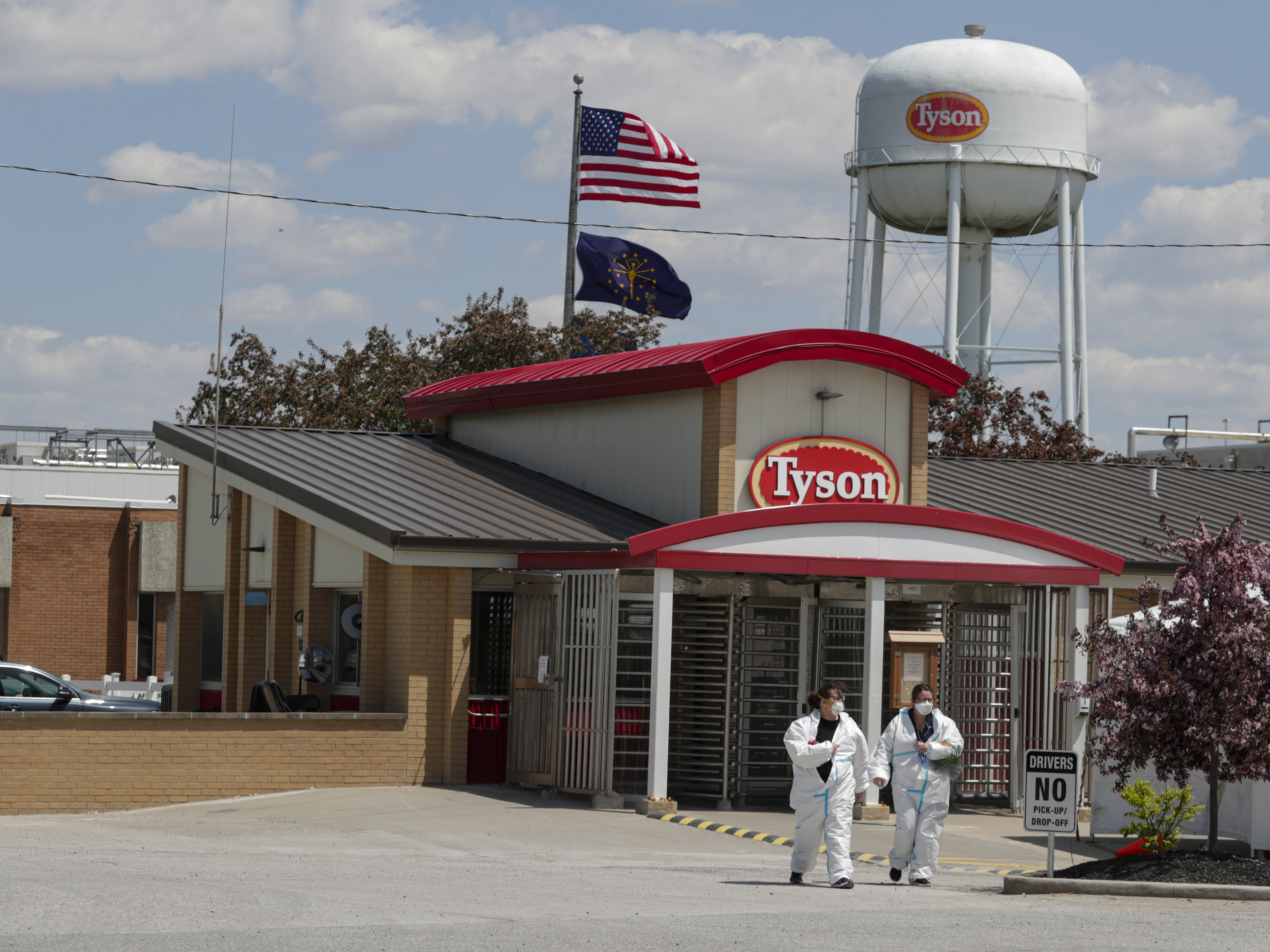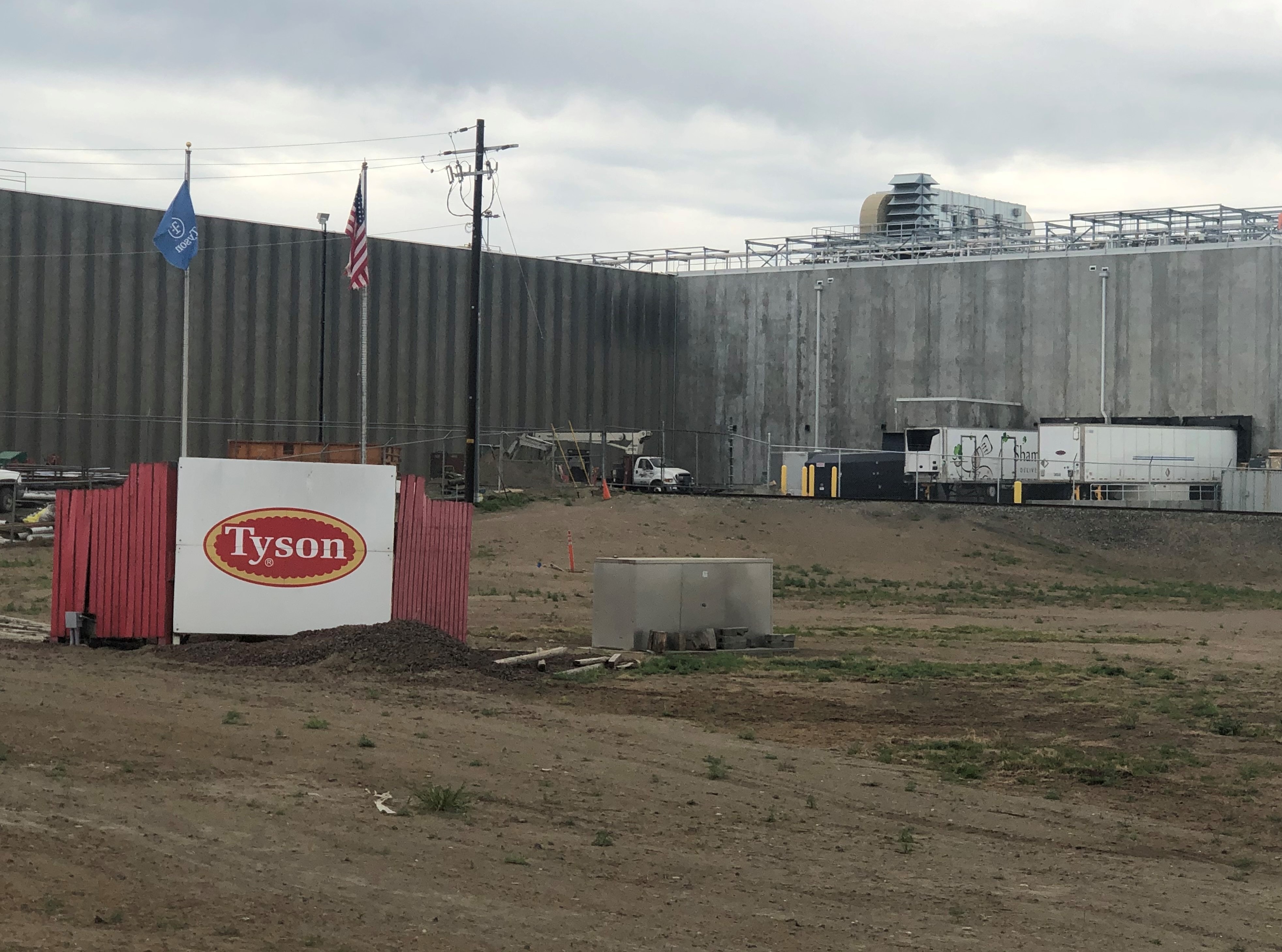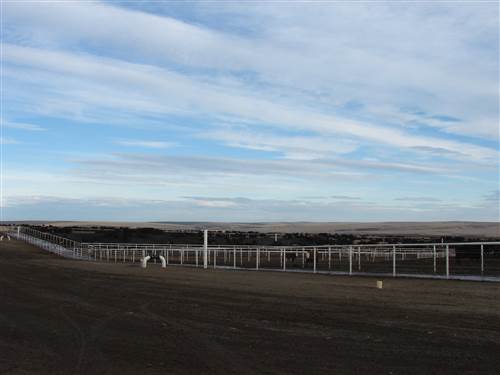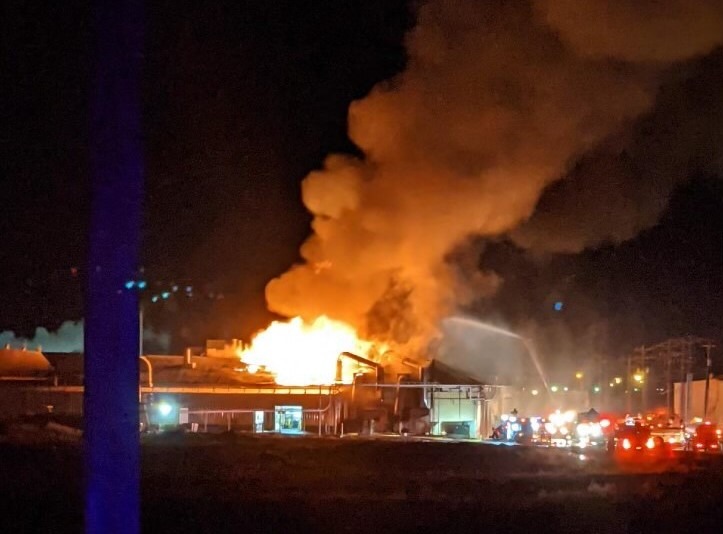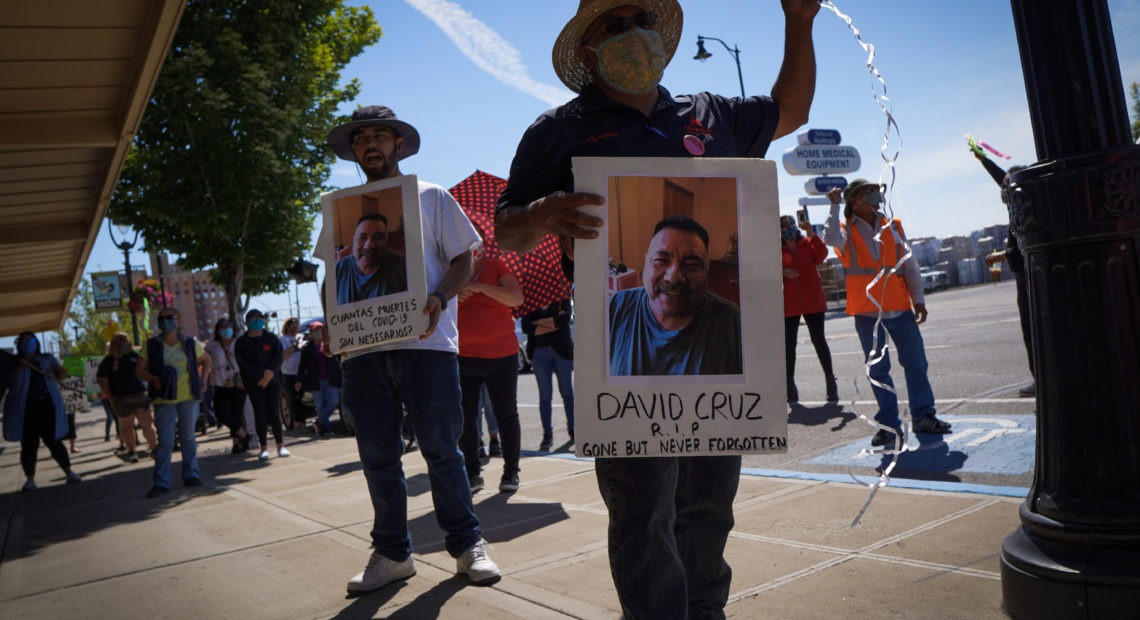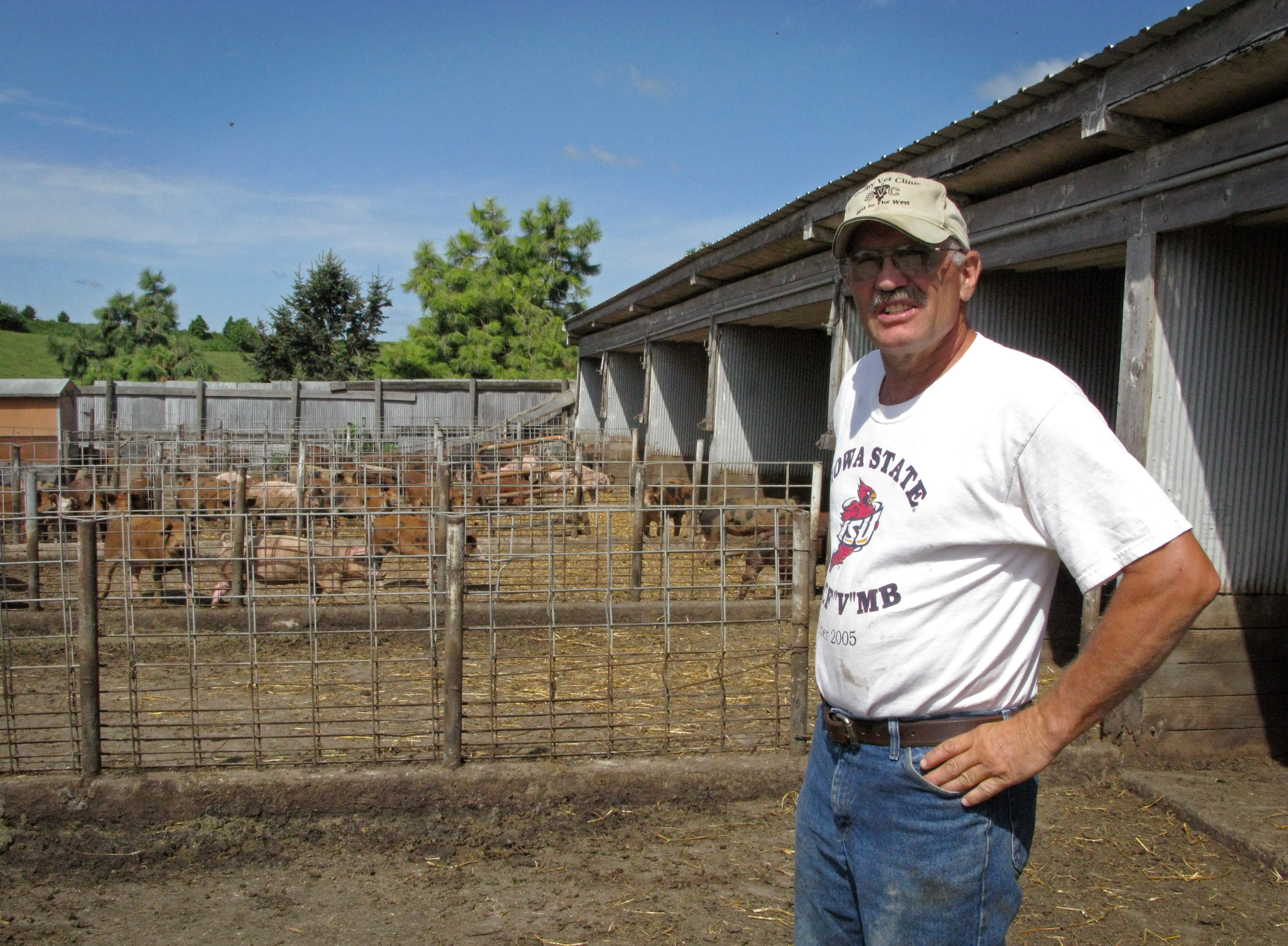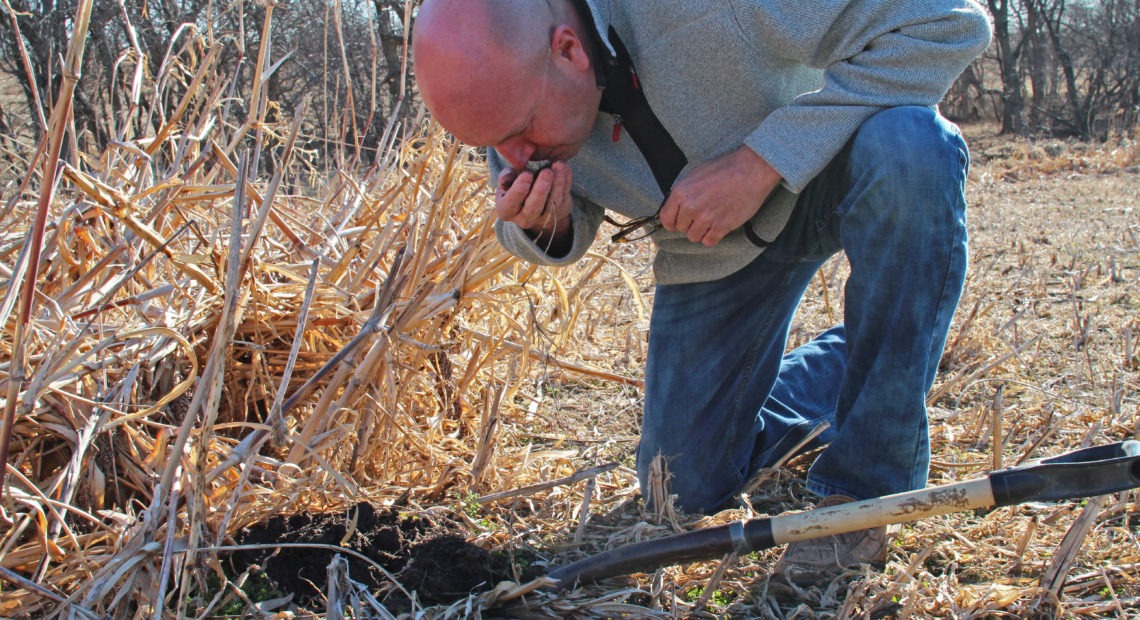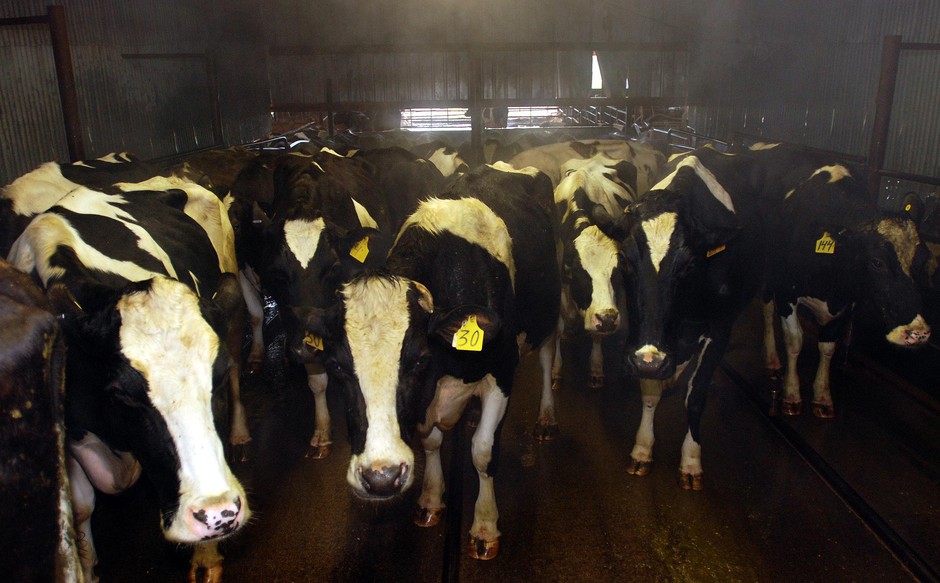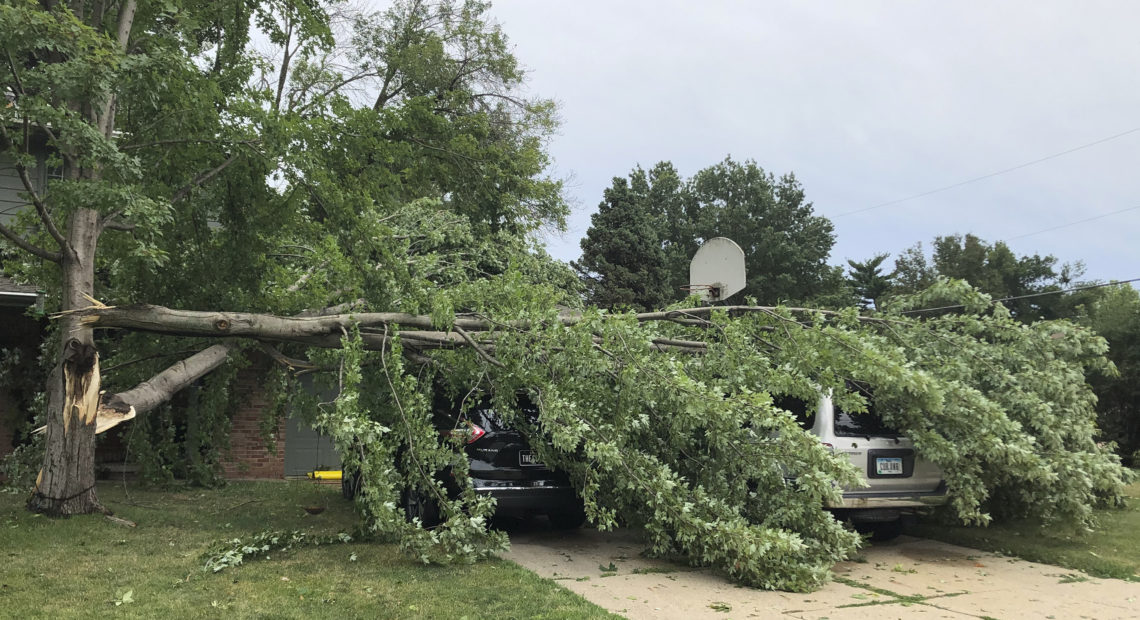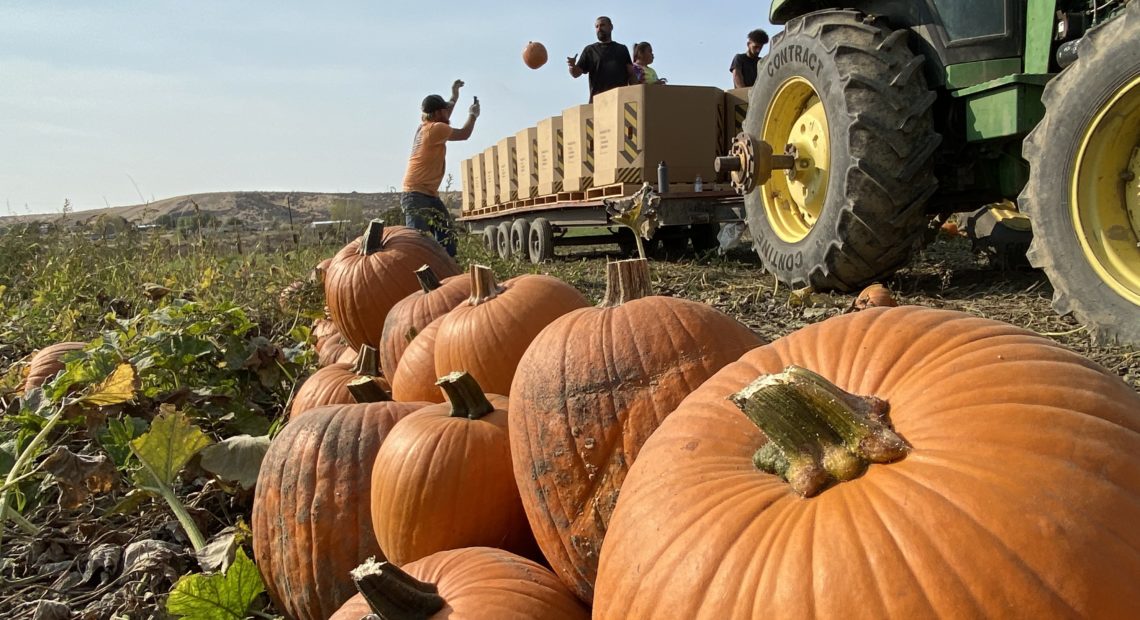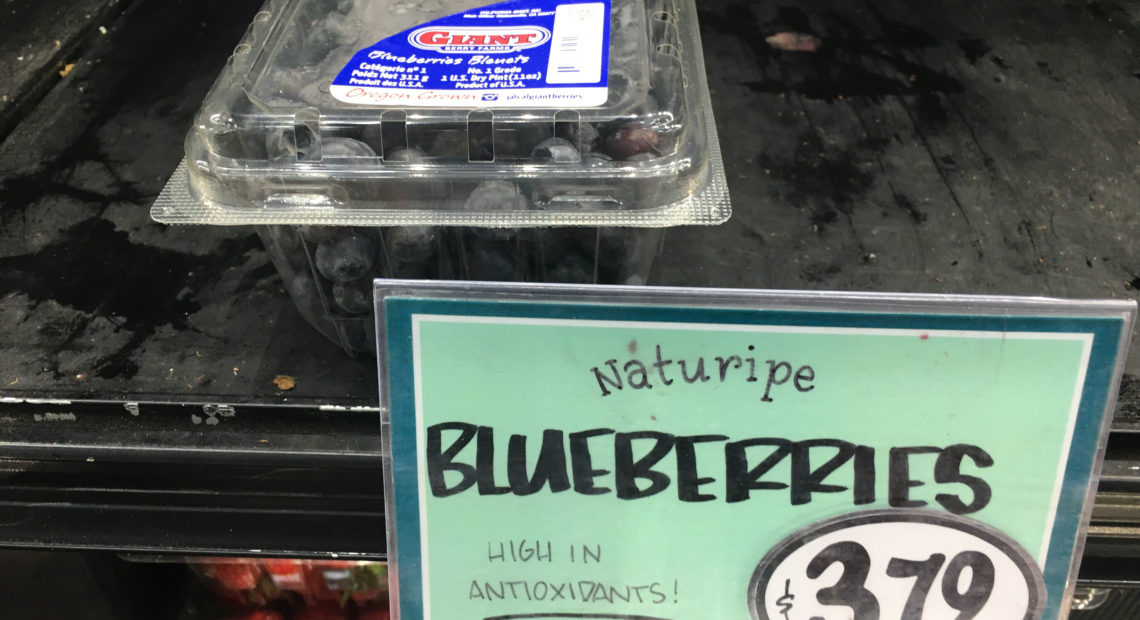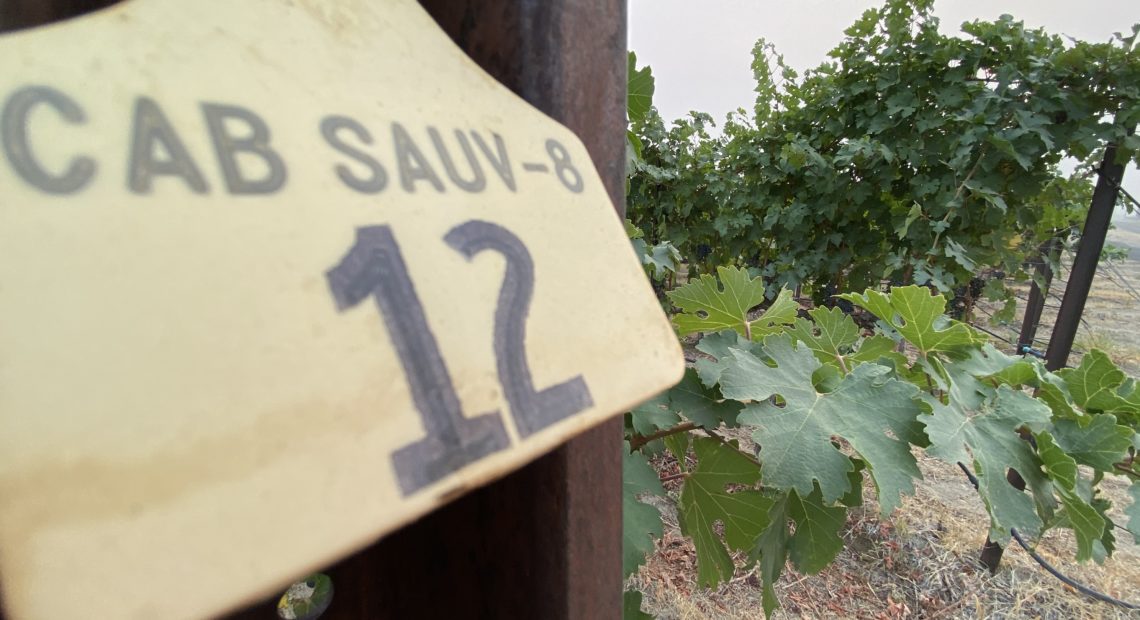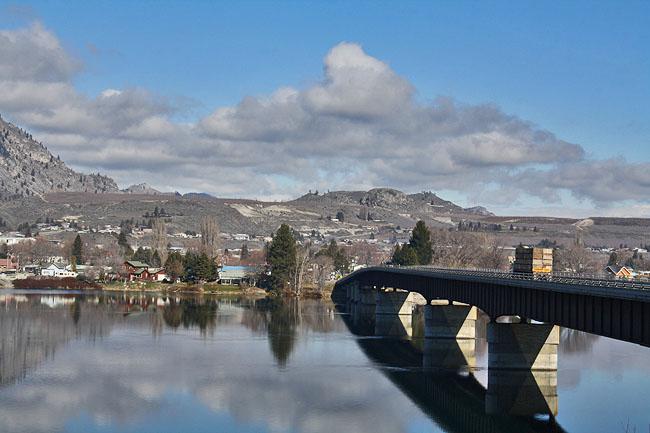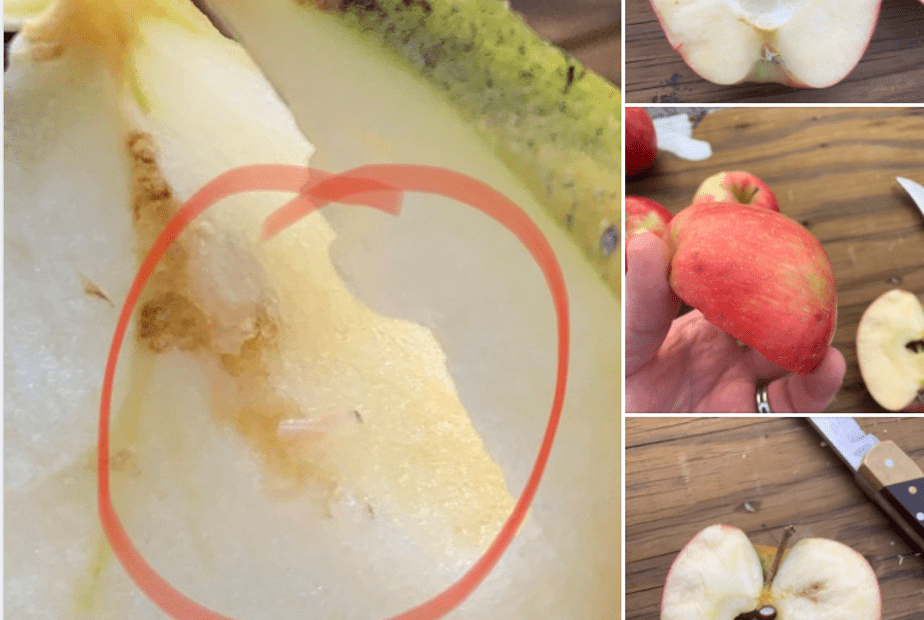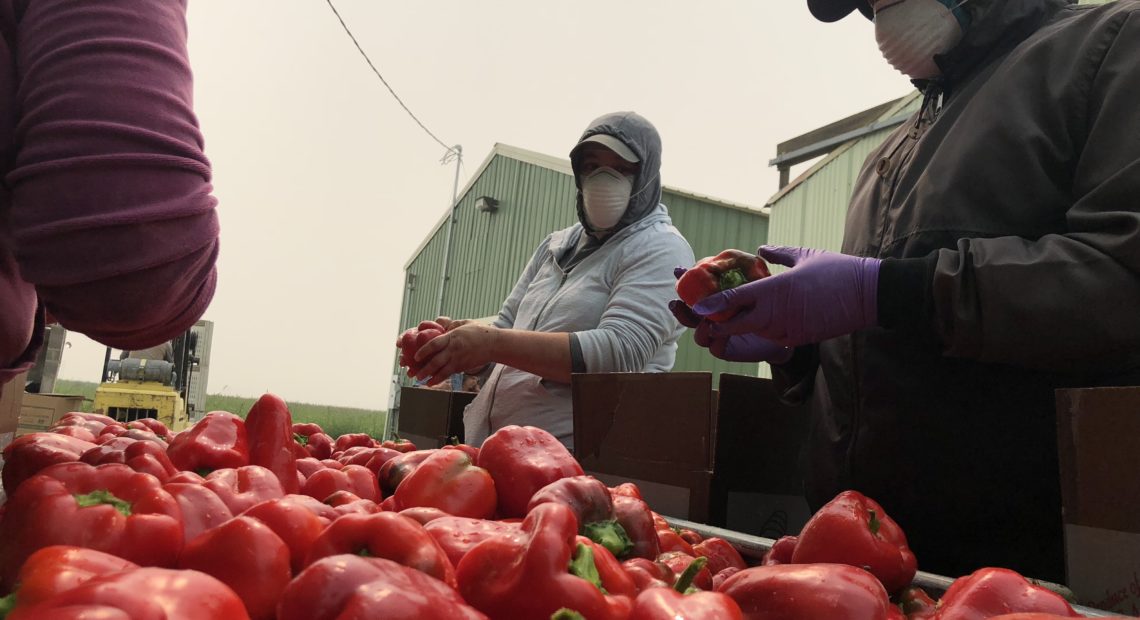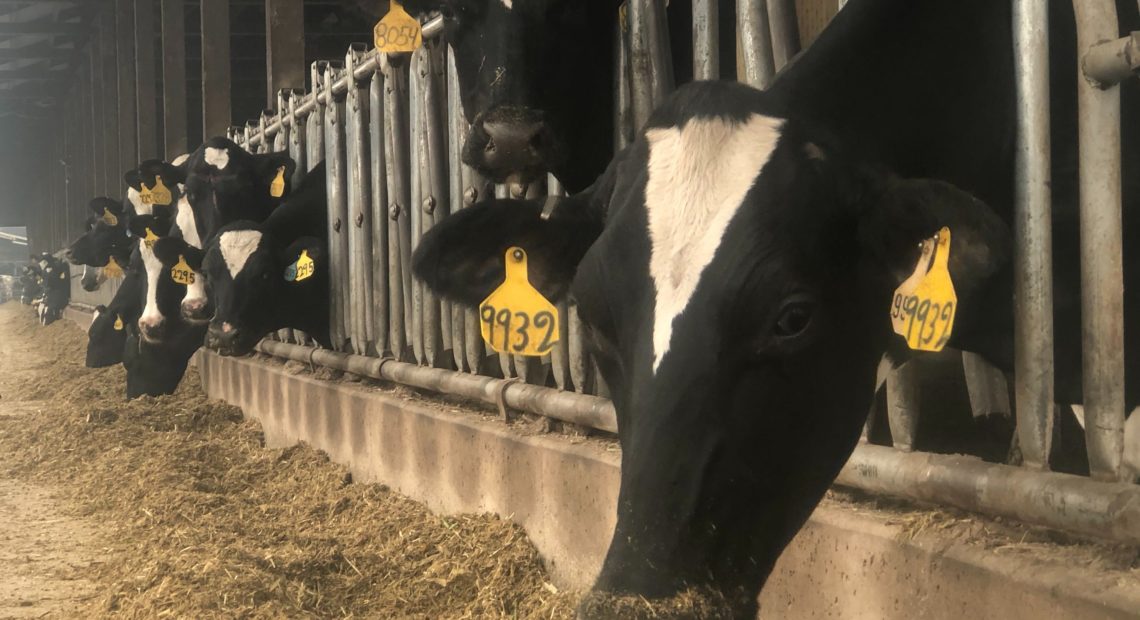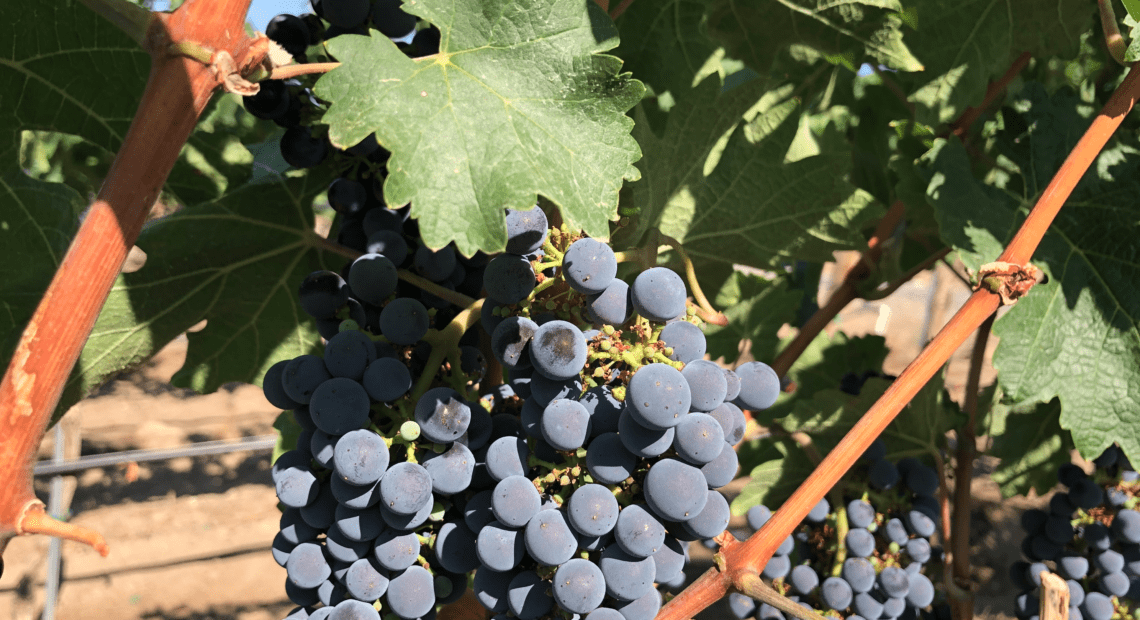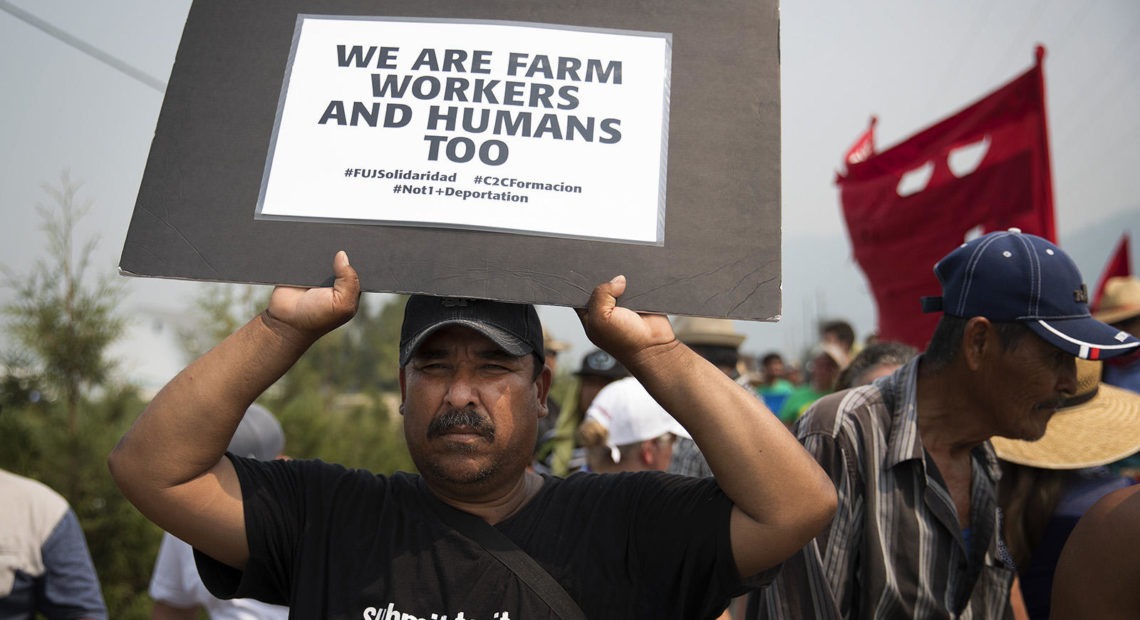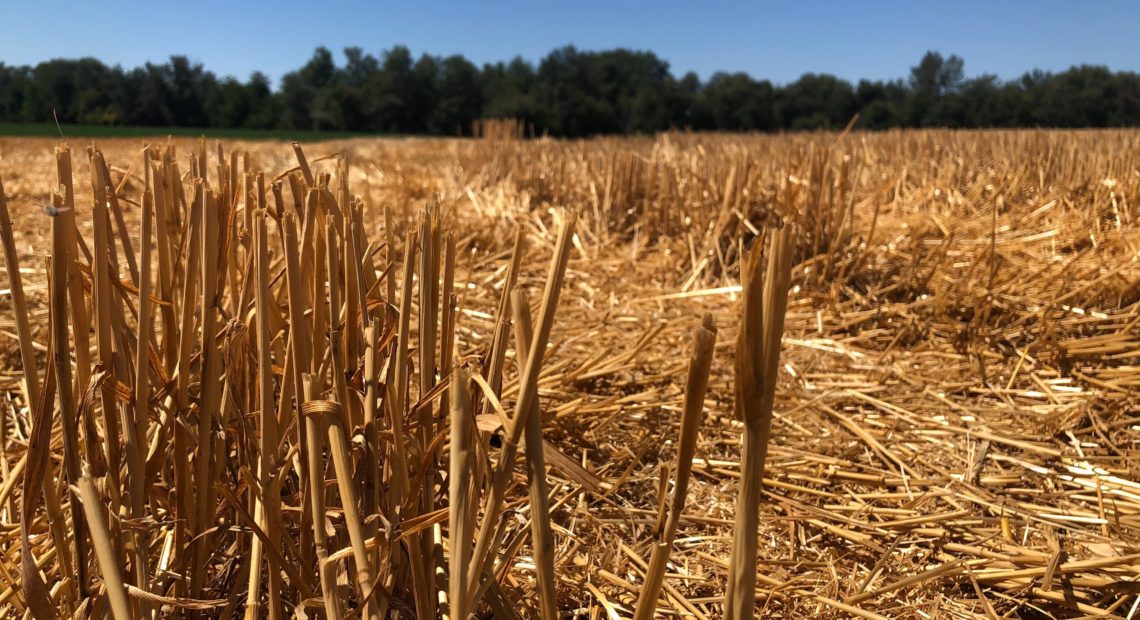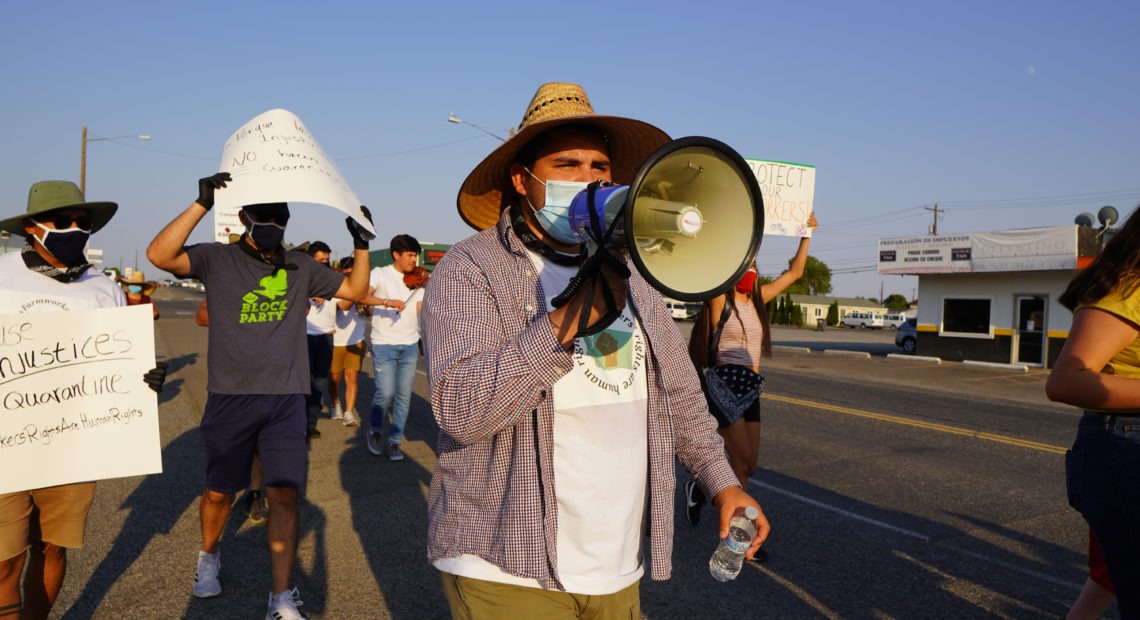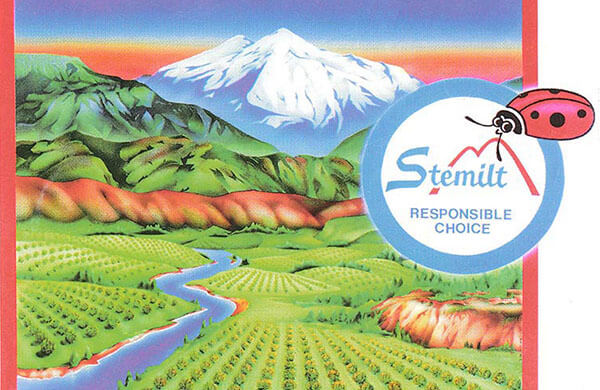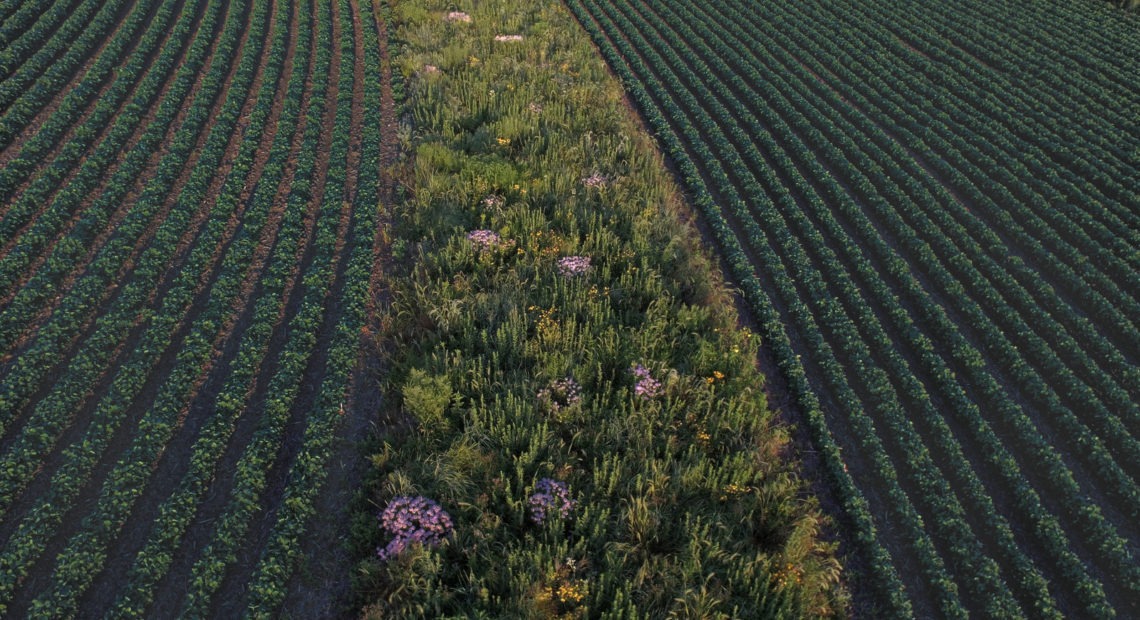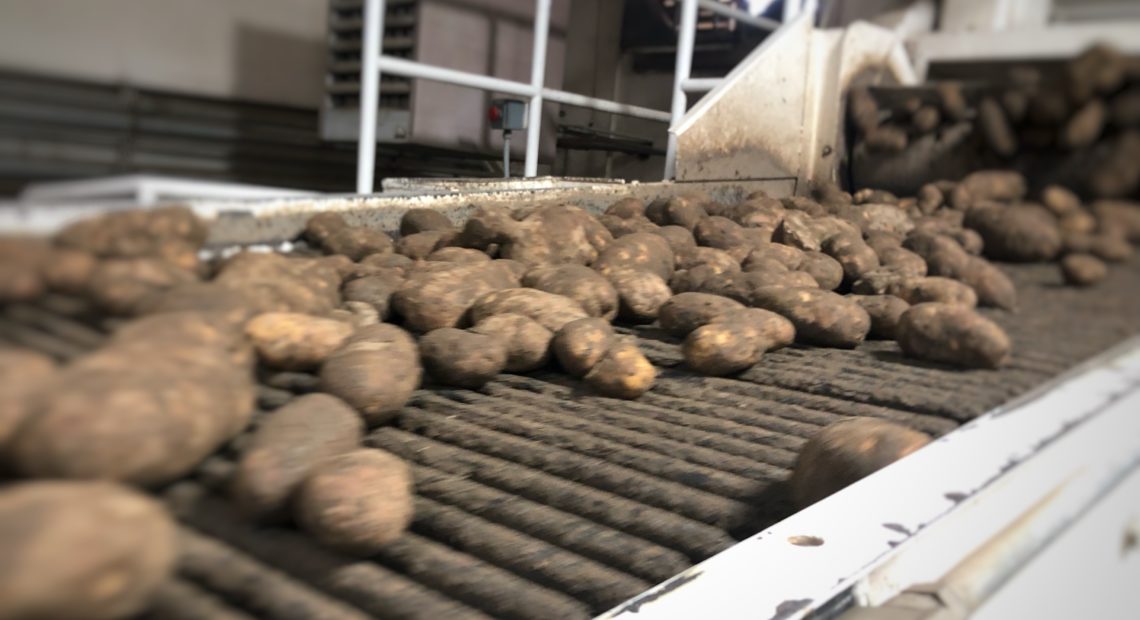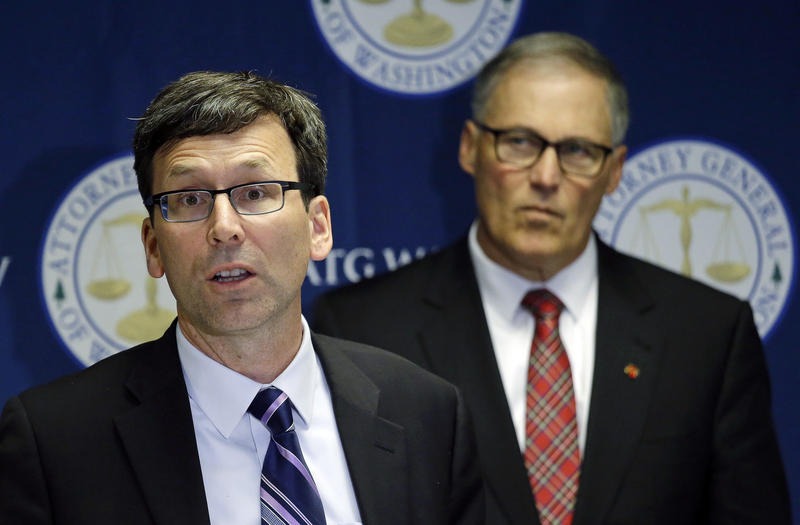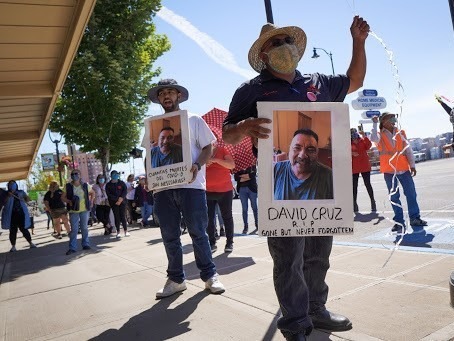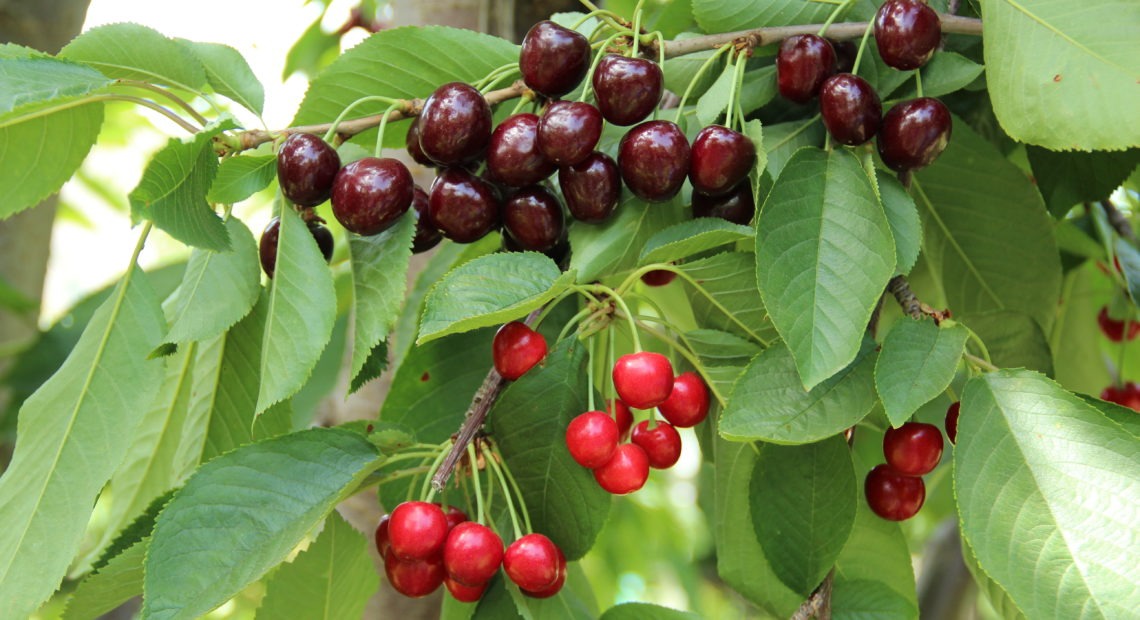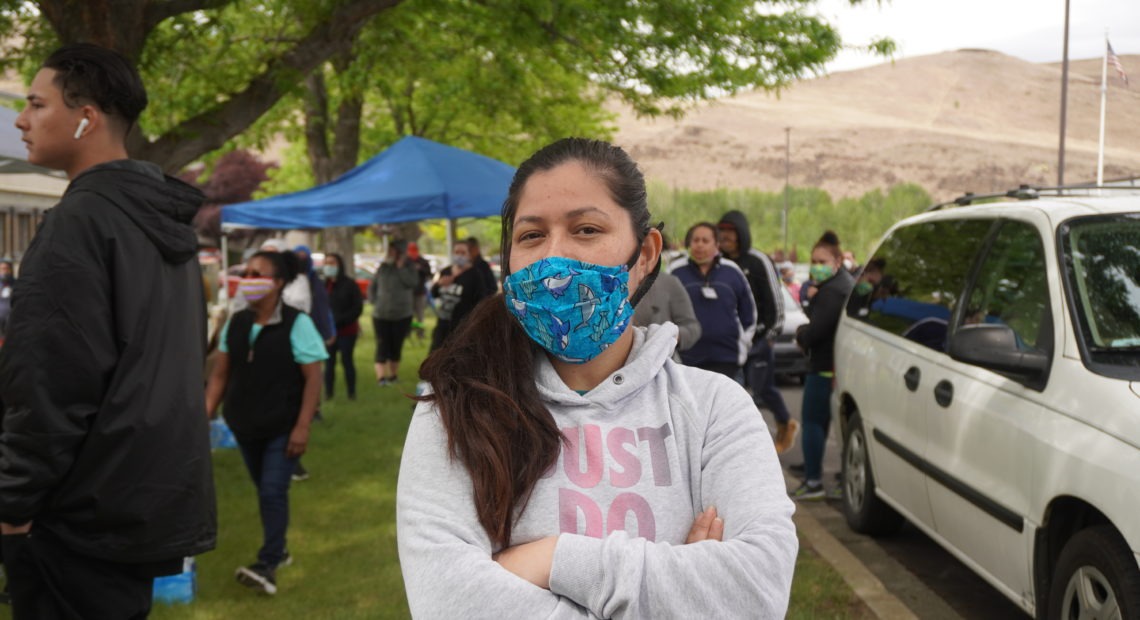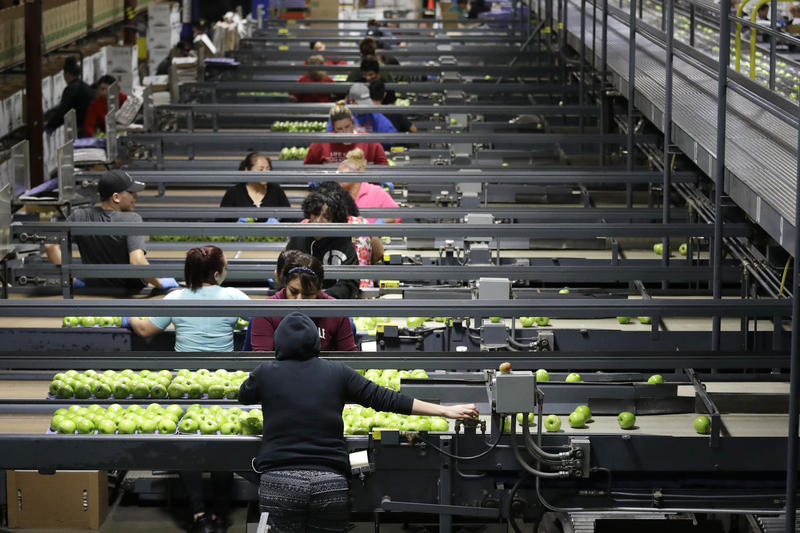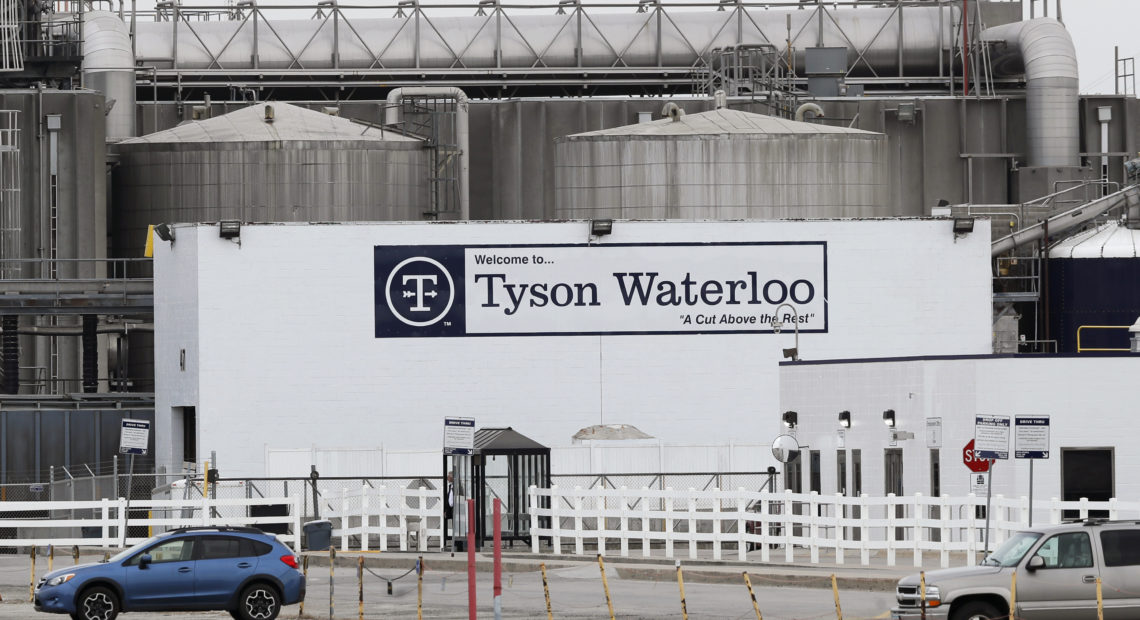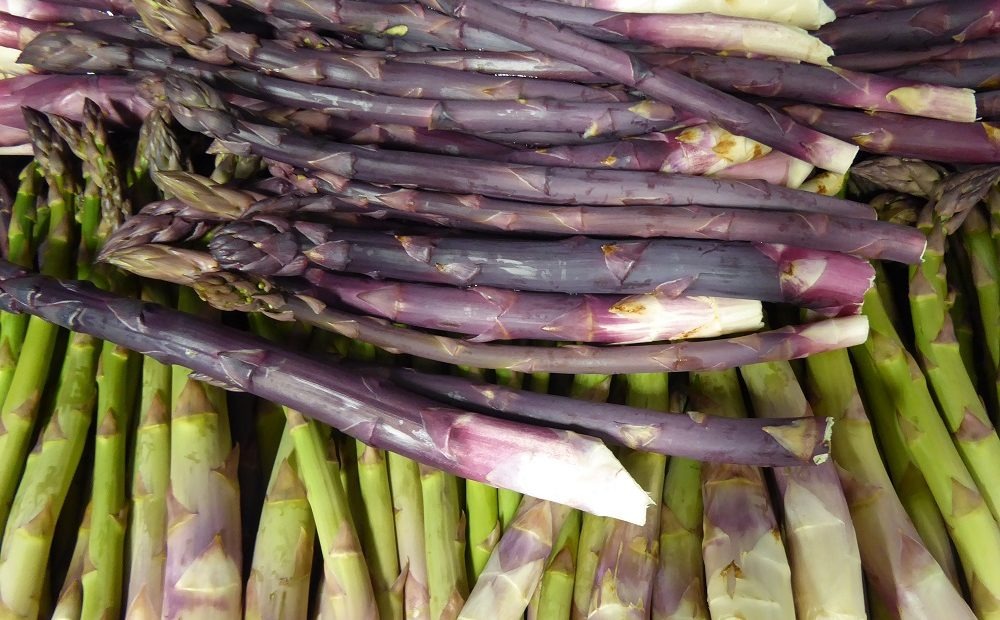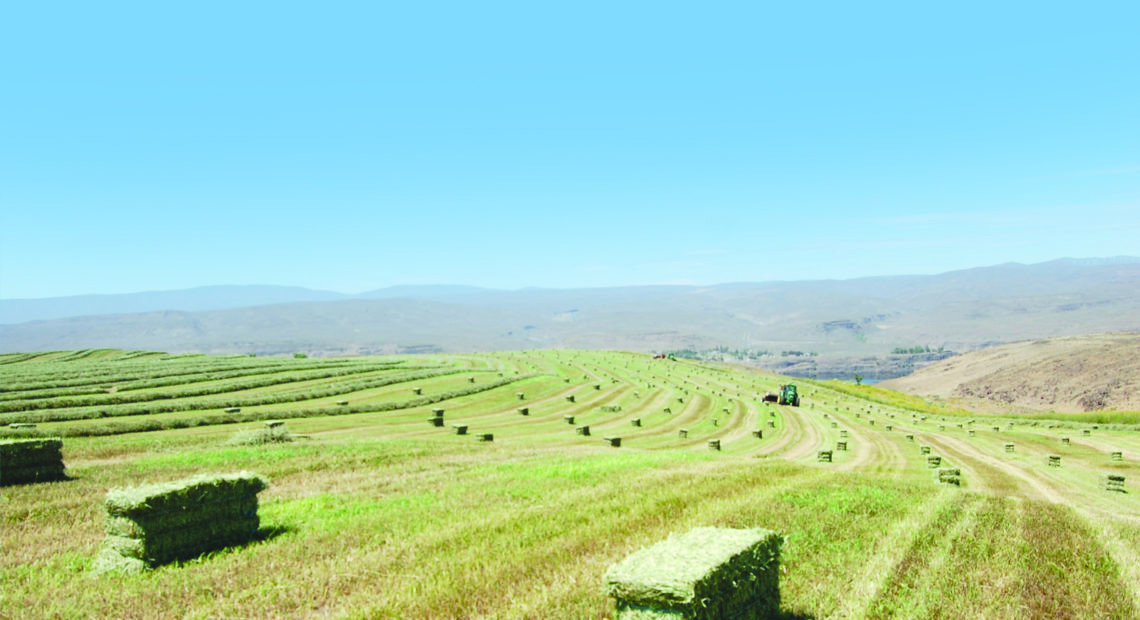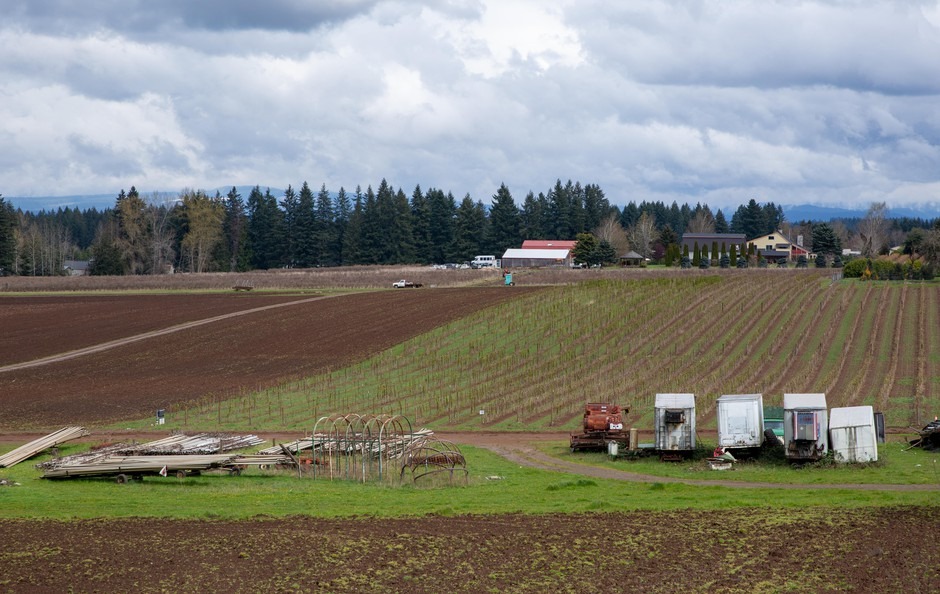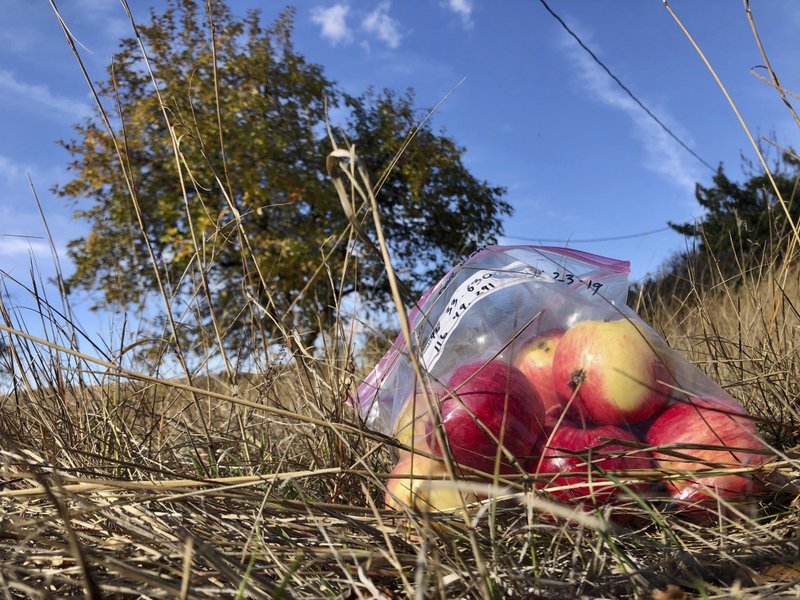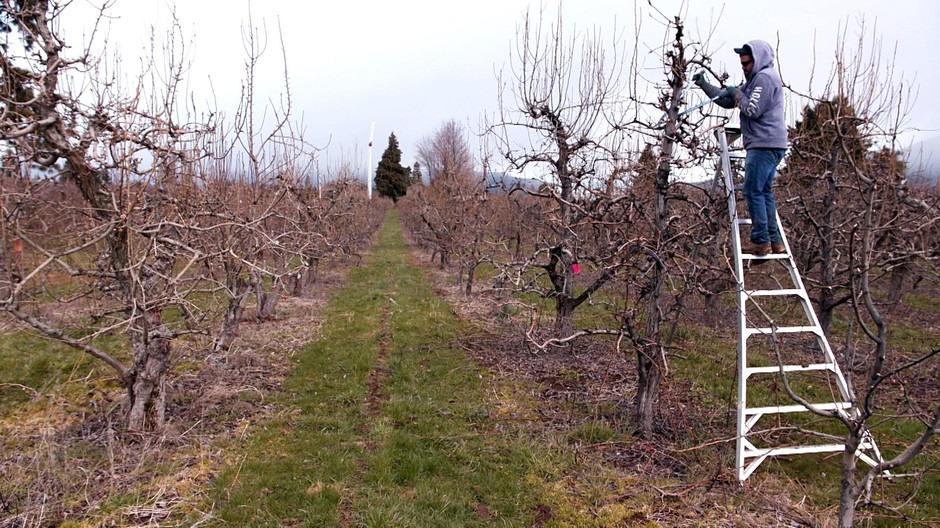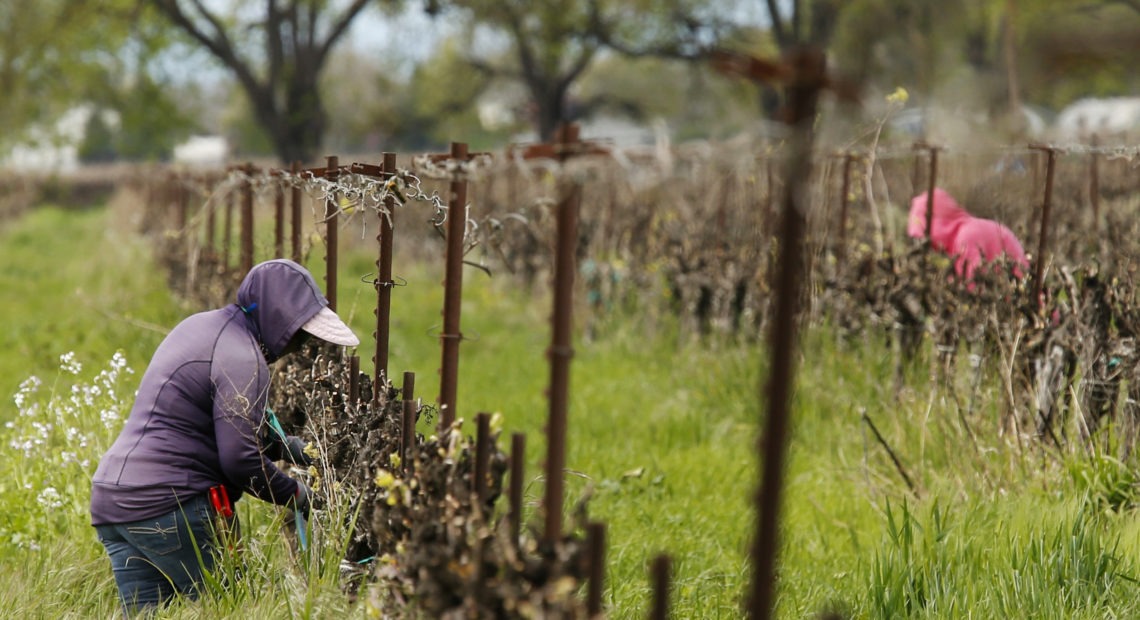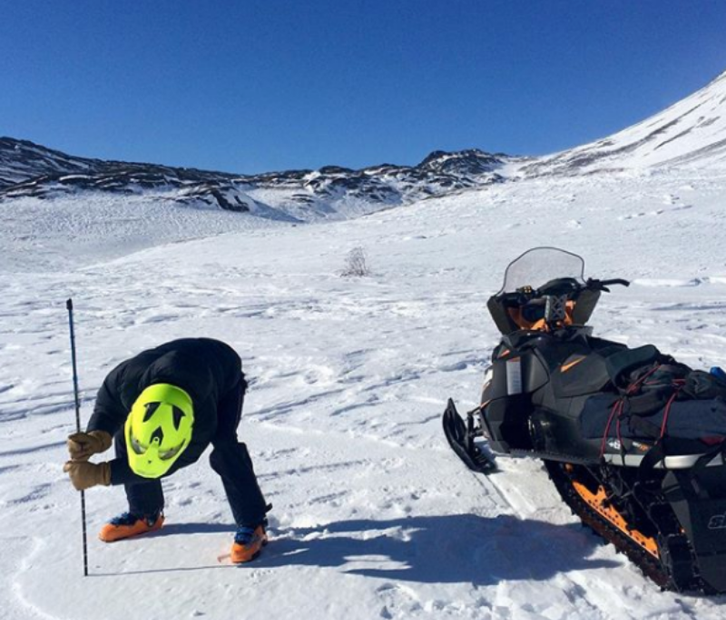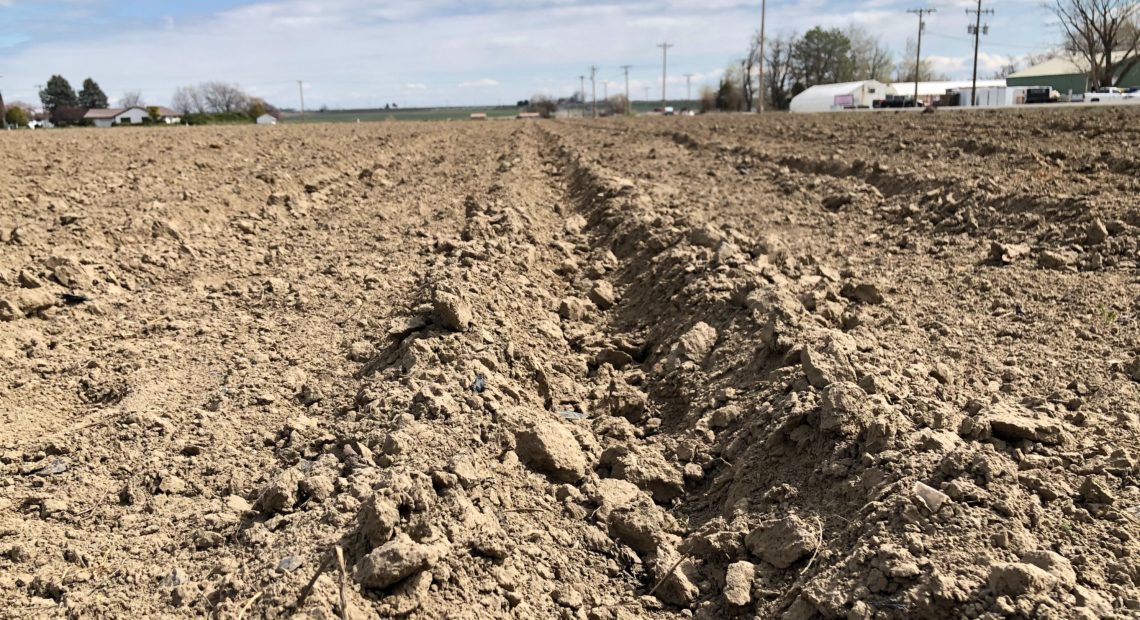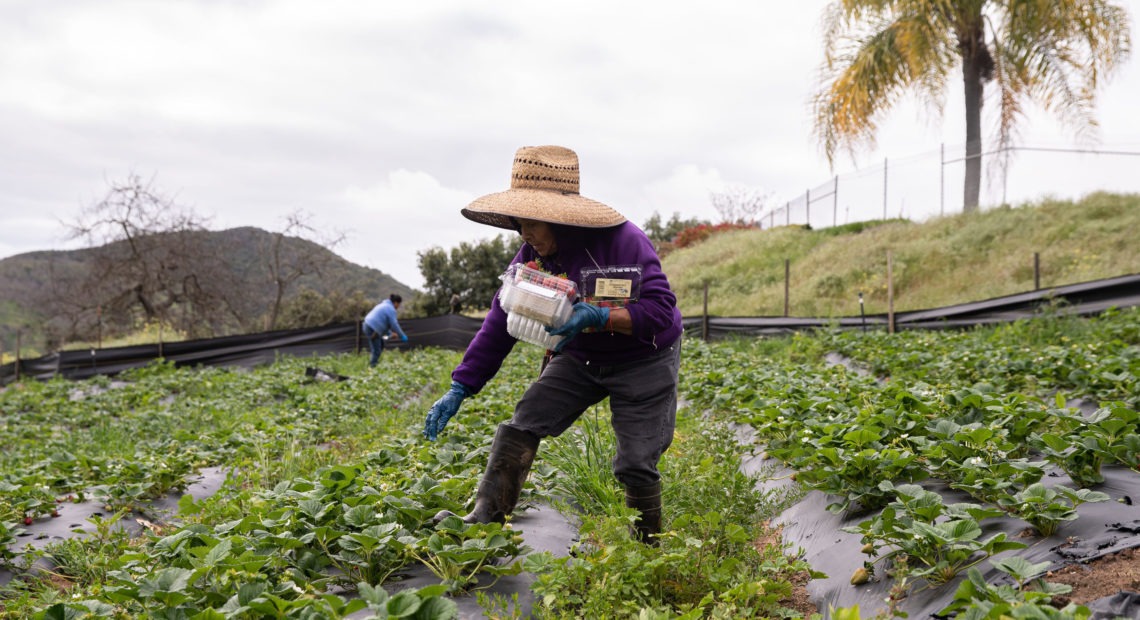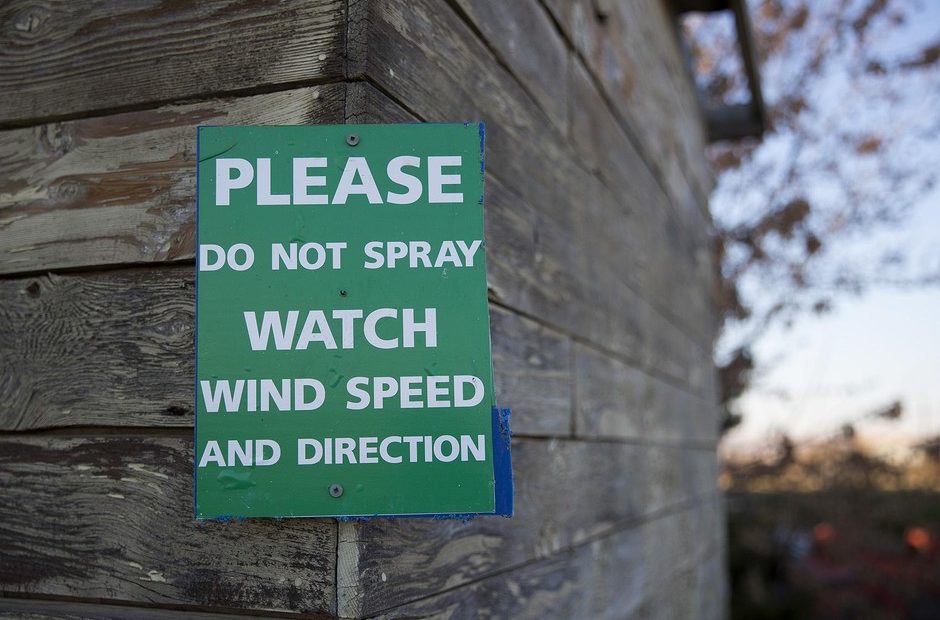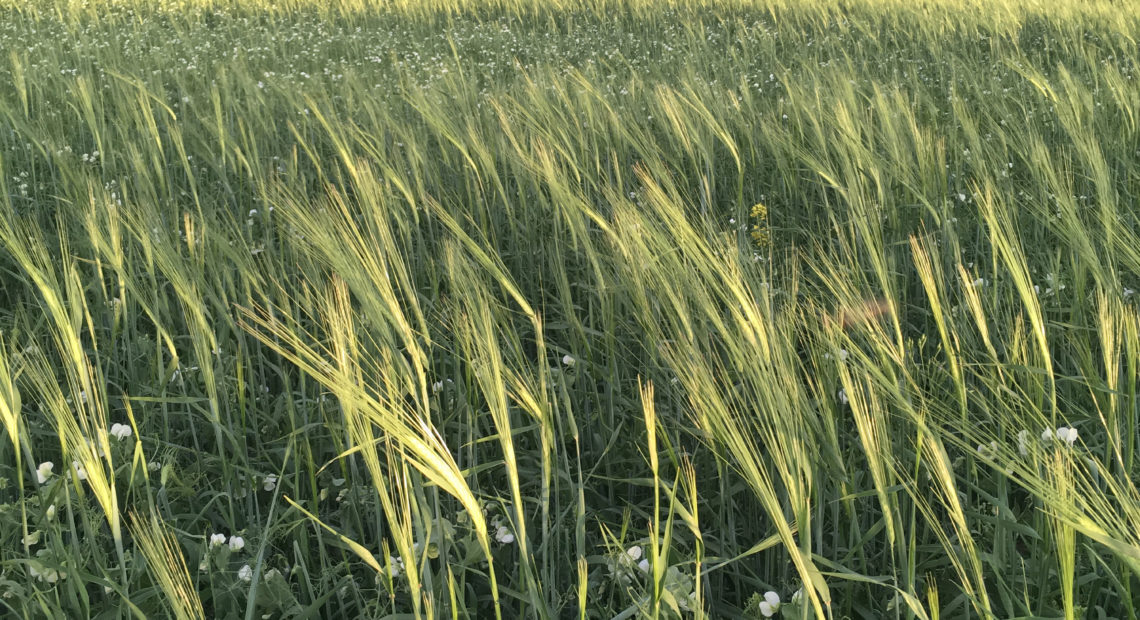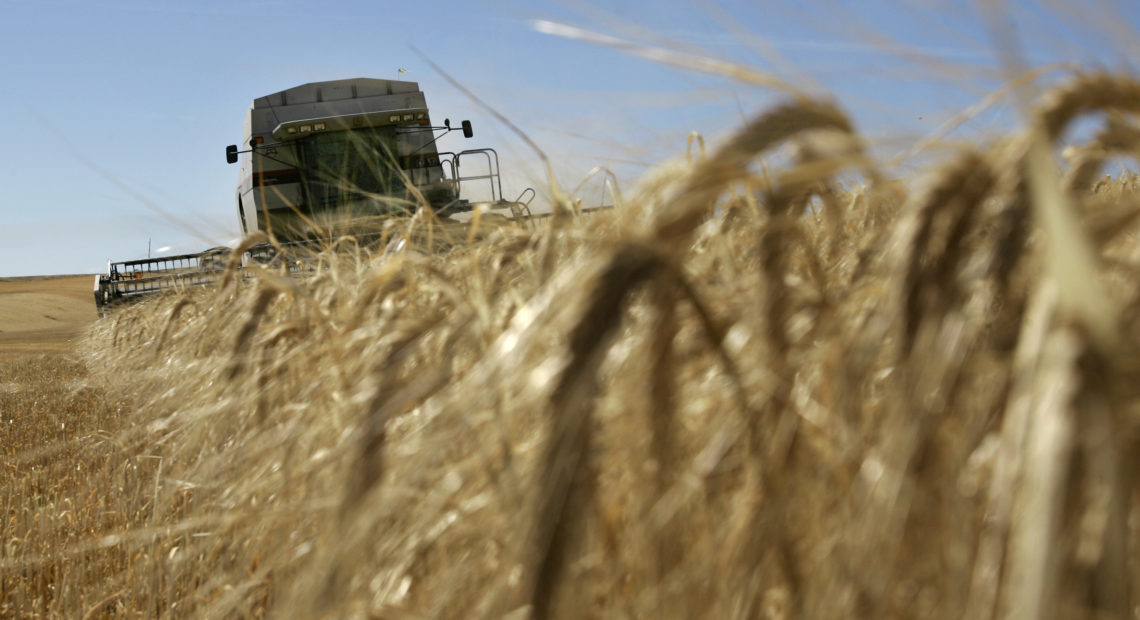The company that makes Aplets and Cotlets, the famous jellied fruit candy from central Washington, is calling it quits this June. Served up for Christmas and family reunions alike, the gelatinous apple and apricot treat studded with walnuts was famous far beyond Washington’s borders. Read More
Seattle’s technology billionaires are many things: innovators, visionaries, philanthropists and some less polite descriptors, depending on whom you ask. But thanks to some scrupulous digging by industry journal The Land Report, which tracks land ownership across the country, we now know that Microsoft co-founder Bill Gates has another feather in his multi hyphenated career Read More
Since December, Easterday Ranches in WA has been embroiled in an alleged scandalous cattle rustling scheme. Now, a bankruptcy case calls into question whether a $225M lawsuit will go forward.Read More
The case of so-called modern-day cattle rustling in southeastern WA involving 200,000 fake cows and $225M is getting more complex by the day. Now, Easterday Ranches has filed for bankruptcy.Read More
A U.S. House subcommittee is investigating coronavirus outbreaks at meatpacking plants, citing the deaths of more than 250 employees nationwide and accusing the Trump administration of failing to enforce worker safety laws.Read More
As the public media Northwest News Network reported Wednesday, Tyson recently filed a suit against Washington-based Easterday Ranches seeking to get a neutral third party to take over the business until accounts could be settled. It came after Easterday allegedly made up hundreds of thousands of cattle on paper and fictitiously fed them, costing Tyson more than $225 Read More
A major Washington cattle operator allegedly “fed” over 200,000 head of cattle that didn’t exist for years. Now Tyson Fresh Meats, Inc is suing. Tyson says in a lawsuit filed in Franklin County Superior Court this week that its losses are more than $225 million. The losses are from false cattle sales and feed costs. Read More
A potato processing plant in the central WA town of Warden burned down in a dramatic overnight fire Thursday. It’s a hit to the already struggling NW potato industry. Read More
The agriculture industry is asking Washington state Gov. Jay Inslee to move migrant farmworkers and food factory workers closer to the front of the line for the coronavirus vaccine because they perform work that cannot be delayed or performed remotely.Read More
The aid, delivered in two separate packages over the course of the year, went to a wide variety of people in agriculture, including corn and soybean farmers, cattle ranchers, and fruit and vegetable producers. The $46 billion in direct government payments to farmers in 2020 broke the previous annual record by about $10 billion, even after accounting for inflation.Read More
Several big farm groups, traditionally hostile to environmental regulations, are now working with environmental advocates in support of farmer-friendly actions to reduce carbon emissions. Read More
Environmental groups and the Washington dairy industry are unhappy with a state permit that regulates pollutants. The groups made their cases before a state appeals court this week. In 2017, the Washington Department of Ecology issued what’s known as a discharge permit for large dairies or other concentrated animal feeding operations. Read More
Three Mid-Columbia farms are among those receiving the biggest fines in the state from the Washington state Department of Labor and Industries for serious violations of agriculture regulations to prevent the spread of the coronavirus. More than 20 farms have been cited for inadequate COVID precautions, The Tri-City Herald reported.Read More
The derecho, which raced through the Midwest and focused its attention on Iowa, led to $7.5 billion in damage. That's more expensive than some hurricanes.Read More
The Kennewick Irrigation District, or KID, wants to flood 400 acres of land for a new reservoir. It’d take at least eight to 10 years to design, permit and build. A project on this scale hasn’t been built in the Yakima Basin since the 1930’s. And this 65-acre pumpkin farm is in the way. Read More
“Now basically, we have Mexican fruit coming in from March all the way to June. We start getting Peruvian fruit come August,” says Rob Dhaliwal, a blueberry grower from Lynden, Washington. “Even in July. Then we start getting fruit from British Columbia. So there is a good 10 months of foreign product coming into the country.”Read More
Even if a wildfire doesn’t burn a vineyard, smoke can get into grapes. Smoke taint tastes like a small bit of ashtray, creosote post or burnt tires — so it’s not desirable in your pinot or merlot. Read More
According to community members in Bridgeport and Brewster, and farmworkers who spoke on the condition of anonymity, orchard supervisors told workers they needed to evacuate with little to no warning. Workers said they were told to grab their documents and quickly board company buses. Then, they were taken to a city park in Brewster, across the Columbia River. Read More
Thurston County, where Inslee lives in the governor’s mansion, is under apple maggot quarantine, whereas Douglas County is not. It’s illegal to bring apples to Douglas County, apple country, from Thurston County.Read More
Farmworkers continue to pick Washington apples in the height of the state's harvest – even as the sustained smoke makes it hazardous to be outside, especially while doing strenuous work or exercise.Read More
With at least two dozen Oregon dairies threatened by raging wildfires, farmers are grappling with the delicate task of moving them to safer ground — or staying put. Read More
Across the Northwest, there are too many wine grapes and not enough demand. It started with an overly optimistic industry planting too much. Then came the coronavirus pandemic. Now, vineyard managers and wineries are being forced to think creatively to cope with 2020’s bumper crop. Read More
Undocumented workers who lost income because of the coronavirus pandemic, but were passed over for federal assistance, will finally be getting some help in Washington state, thanks to a new $40 million relief fund.Read More
The latest harvest estimates say Washington ranchers will harvest nearly 153 million bushels of wheat and Oregon 44 million bushels. That’s around average for both states. A typical barge holds around 122,500 bushels of wheat — meaning 44 million bushels would be about 360 barges full of grain on the Snake and Columbia Rivers heading toward export terminals.Read More
In the Columbia Basin, the Democratic challenger for Washington state’s 13th Legislative District house seat has focused his message on farmworker safety and called for the boycott of fruit. It’s quite a move for a candidate in a district where the economy is dominated by agriculture.Read More
In a lawsuit against fruit-growing giant Stemilt, workers say allegations stemmed from a change in production standards set forth in the company's guest worker contract. A separate case involved a challenge to Washington's rules on farmworker housing and sleeping quarters during the pandemic.Read More
Cover crops are a vegetation that farmers can plant in the off-season to protect and enrich the soil. It's great for the environment — and in the long run, for crops, too — but it costs money upfront. Farmers who rent land, and who may not have access to that land in the long run, are reluctant to spend that money.Read More
Instead of letting his harvest rot, a farmer in Idaho came up with a creative outcome for his mountain of potatoes.Read More
The announcement Wednesday from Washington Attorney General Bob Ferguson came as Bayer, which acquired Monsanto two years ago, said it would pay $820 million to resolve PCB pollution claims and up to $10.9 billion to resolve many claims, both current and future, over contamination from or exposure to Monsanto’s Roundup weedkiller.Read More
Yakima County has the most COVID-19 cases per capita among West Coast states. The largely Latinx agricultural workforce helped secure the backbone of the local economy.Read More
The Spokane Interstate Fair and Benton-Franklin Fair and Rodeo joined more than 40 others that have canceled this year. In all, Washington has 65 state and county fairs every summer and fall. Read More
From The Dalles, Oregon to Brewster, Washington, Northwest cherry growers are checking their orchards now, just before harvest. Infected trees have to be cut down. And the disease can spread like wildfire from tree to tree until an entire orchard is just stumps. Read More
So far this month, more than 400 Yakima Valley fruit packing workers have gone on strike, according to Familias Unidas Por La Justicia. The farmworker advocacy group, based in Skagit County, is helping these workers organize committees, negotiate with employers and seek legal advice. Read More
Yakima County has the highest rate of COVID-19 infections among counties on the West Coast. That means a larger portion of the county's population has tested positive for the coronavirus compared to other counties.Read More
The Tyson Foods plant in Waterloo, Iowa, reopened Thursday after a coronavirus outbreak there. Black Hawk County Sheriff Tony Thompson says he'd support a second shutdown if the changes aren't enough.Read More
For the last decade, the Northwest asparagus industry has been challenged by lower-cost imports, labor shortages and increased farming costs. But this year, the coronavirus pandemic has disrupted the foreign asparagus supply, increasing sales for the Northwest’s crop. Read More
An unprecedented number of ships have canceled their calls to the ports of Seattle and Tacoma. So far this year, there have been 32 canceled international sailings since January 1. That has created the shortage of shipping containers at those Northwest ports.Read More
Across the Northwest, small and mid-sized farms are grappling with a range of challenges brought about by coronavirus.Read More
A team of retirees that scours the remote ravines and windswept plains of the Pacific Northwest for long-forgotten pioneer orchards has rediscovered 10 apple varieties that were believed to be extinct — the largest number ever unearthed in a single season by the non-profit Lost Apple Project.Read More
One of the most vulnerable groups currently working through the coronavirus pandemic is made up of immigrant farmworkers. As this population works through some of the unique challenges they face due to the coronavirus, one Tri-Cities radio station is trying to help.Read More
White House Chief of Staff Mark Meadows is working with Agriculture Secretary Sonny Perdue to see how wage rates for immigrant farmworkers can be reduced. Critics say it will hurt all workers.Read More
For much of the Northwest, snowpack is above normal. That’s a good sign this time of year, when snowpack usually reaches its peak. Having enough snowpack is critical for spring and summer runoff that will supply water for irrigation and salmon runs. But that doesn’t mean everywhere has that much snow.Read More
The coronavirus pandemic continues to make its presence known in all facets of daily life, including agriculture. That extends to some supply and demand economics lessons for Northwest apple and potato growers.Read More
Spring work starts up, ready or not. And Northwest growers are scrambling to figure out how to work around the global coronavirus pandemic and still bring in the coming harvest. Read More
Farmworkers are still working during the coronavirus epidemic. They're essential. But they're also at greater risk of infection.Read More
Washington regulators must soon consider rules to limit the use of a controversial pesticide that can cause neurological and health problems, especially in young children. A bill passed by state lawmakers this session didn’t outright ban the pesticide, as health and farmworker activists had proposed. Read More
Climate change isn’t a new topic for progressive churches like Shalom United Church of Christ in Richland. But it is perhaps tinged with new urgency. Survey results from the Pew Research Center show that congregations are delving into environmental awareness recently. And so are farmers.Read More
American farmers spend about $32 billion each year to rent land, and Tillable CEO Corbett Kull thinks his company could be farmland's AirBnB or Zillow. "This is one of the beauties of digital marketplaces, where you can bring two parties together that otherwise might never meet," he says.Read More
In Washington Skagit Valley, a conflict is unfolding between the Upper Skagit Tribe and farmers as elk are making a comeback there. Read More
The recently signed Phase 1 U.S.-China deal promises some relief. Details remain unclear, but the United States government’s interpretation of this deal is that China will purchase $40 billion of agricultural goods in 2020. Some analysts have questioned how realistic those estimates are, given that the highest level of farm products the United States has ever exported to Read More



